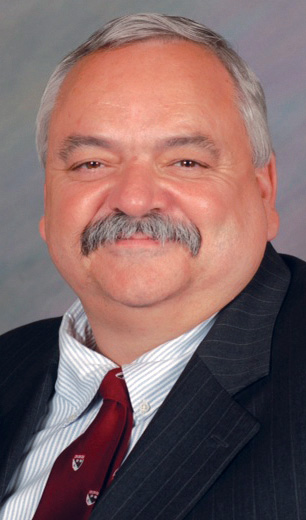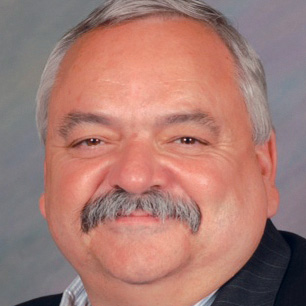 In “After-School Around the Globe: Policy, Practices, and Youth Voice,” youth work colleagues Bonnie Politz, Jen Capece and I write about what it means for our youth to become “global citizens.” Professional youth work in after-school, out-of-school time and all the other settings is not only local but global. In our own neighborhood youth-work programs, we teach skills through activities to effectively communicate across cultural boundaries, work in teams with different diversities and walk in the shoes of somebody else’s worldview.
In “After-School Around the Globe: Policy, Practices, and Youth Voice,” youth work colleagues Bonnie Politz, Jen Capece and I write about what it means for our youth to become “global citizens.” Professional youth work in after-school, out-of-school time and all the other settings is not only local but global. In our own neighborhood youth-work programs, we teach skills through activities to effectively communicate across cultural boundaries, work in teams with different diversities and walk in the shoes of somebody else’s worldview.
As we build these competencies necessary to succeed in our neighborhoods and around the world, these skills just may be the most important thing we can teach our youth through professional youth work. As global citizens, it all comes down to how we treat one another.
It used to be that graduating from high school and matriculating from college was enough to ensure a place in society. But now — as observed by the work on young adulthood by Jeffery Arnnett at Clark University — the next generation needs to be experienced in the cultures of the world to succeed!
Youth Today’s op-ed series about professional youth work has brought forth many global themes. From Jean Carpenter-Williams at The University of Oklahoma National Resource Center for Youth Services (NRCYS), James Freeman and Tone Reyes at Casa Pacifica, we learned about the importance of training and certification. Efforts for a global youth-worker certification, especially for after-school, child welfare, juvenile justice and community service, are now fully underway.
Within the year we will see significant increases in global youth work training and exchange leading to certification. Hot spots for the trend come from the Academy of Competent Youth Work in Texas, Harrison College in Indiana and Woodring College of Education at Western Washington University, among others. We witness the youth development initiative team establishing a global online training platform at Creative Associates in Washington, D.C. and global youth-work online courses from the University of Strathclyde in Scotland. With technology and relationships to bring us all together, what works in Lagos may serve us well in Detroit; what works in San Antonio with social and linguistic translation can strengthen efforts in Madrid.
Global exchange is the new next-level competency for professional youth work. For example Kidsave Inc. from Culver City, Calif., and Chattanooga, Tenn., not only succeeds at finding permanency for the hardest-to-place older foster teens but does the same in Colombia and Russia.
One of the strongest and most innovative global partnerships was developed by NRCYS. Stand Children’s Services Tu Maia Whanau in New Zealand has several certified trainers and utilizes NRCYS’ Residential Child and Youth Care Professional (RCYCP) Certification Course.
We have much to learn from our colleagues on every continent. In South Africa nearly 10,000 youth workers are being trained by the National Association of Child Care Workers, and in Australia youth-development hubs bring vulnerable youth and workers together across boundaries through online communities.
When it comes to high-quality professionalism in youth work, what would we share from the United States with the world? It is the belief and experience that no matter how vulnerable or stressed, we can change the future for the children, youth and families in our care, and they change us profoundly. And in this caring and healing relationship, we change the way society thinks.
Next year, more than 50 youth workers from the United States will travel to Vienna for the proceedings of the International Federation of Educative Communities, which represents youth workers and the care of vulnerable youth around the globe. This year, together with The Journey, we will travel some 400 global youth-work leaders strong on the Symposium at Sea to Cozumel, Mexico, and points beyond. We will also join our youth work colleagues from more than 100 countries and engage in the online learning community at CYC-Net.
Global exchange defines our profession for the future. We will carry your hopes and dreams in our hearts and minds as we learn around the world. Come with us on the path of teaching all the children and youth in our care to be global citizens!
Dr. Andy Schneider-Munoz, a certified youth worker and Harvard-trained child psychologist and anthropologist, serves as resident of the Association for Child and Youth Care Practice, a national professional-development association for youth workers in the United States.
This op-ed exploring professional youth work was developed in cooperation with the University of Oklahoma National Resource Center for Youth Services.


























